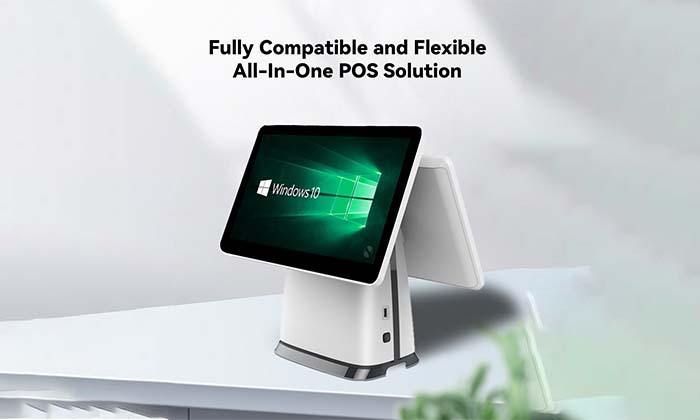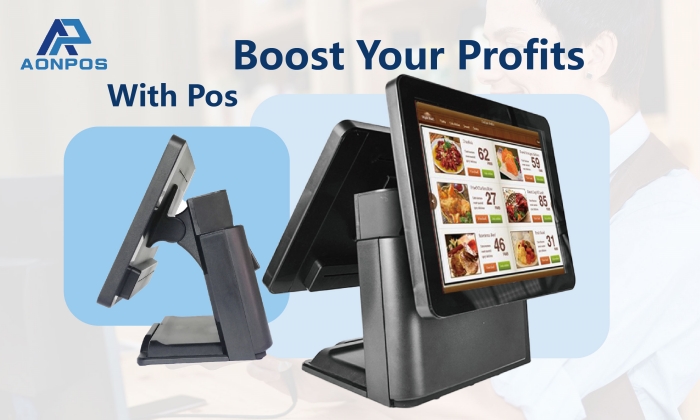What is pos machine and how it works?
Jul 28, 2023
A POS machine, also known as a Point of Sale machine, is a device used in retail and hospitality businesses to process transactions at the point of sale. It serves as a modern replacement for traditional cash registers. A POS machine is a combination of hardware and software that enables businesses to accept payments from customers, track sales, manage inventory, and generate receipts or invoices.
How a POS machine works:
1. Payment Processing: When a customer is ready to make a purchase, the cashier or salesperson enters the items and their respective prices into the POS system. The customer can then choose their preferred payment method, such as credit card, debit card, cash, mobile payment, or other electronic payment methods.
2. Transaction Authorization: If the customer chooses to pay with a credit or debit card, the pos terminal will connect to the payment processor or acquiring bank to request authorization for the transaction. The payment processor verifies the card details and checks if the customer has sufficient funds or credit available.
3. Payment Confirmation: Once the transaction is authorized, the desktop digital pos confirms the payment, and the customer's account is charged or debited accordingly. The customer receives a receipt for the purchase, detailing the items bought and the total amount paid.
4. Inventory Management: Simultaneously, the Electronics Billing Machine deducts the sold items from the store's inventory database. This helps businesses track stock levels, identify popular products, and plan for restocking.
5. Reporting and Analytics: All In One Pos also collects data on sales, revenue, and inventory. This information can be used for generating various reports and analytics, allowing businesses to make data-driven decisions and optimize their operations.
6. Integration with Other Systems: In larger retail establishments, the Pos Billing Machine may be integrated with other business systems, such as accounting software, customer relationship management (CRM) software, and loyalty programs, providing a comprehensive solution for managing various aspects of the business.
Overall, a POS machine streamlines the checkout process, improves accuracy in recording sales and inventory, and provides valuable insights to businesses for better management and customer service.

